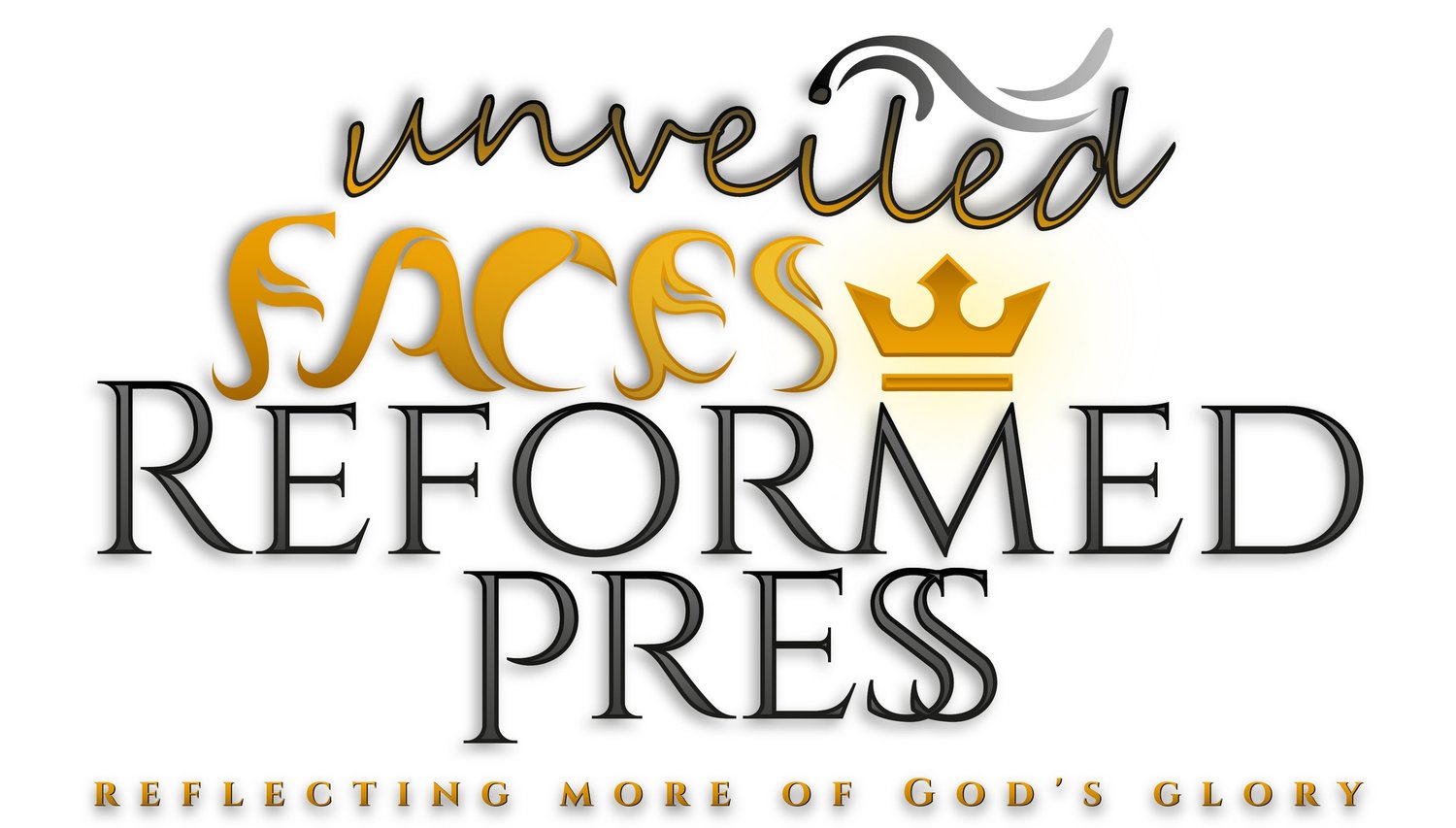BIBLICAL
We explain complex biblical and theological themes, but try to let Scripture interpret Scripture in developing this model of God's attributes reflected in Christ's humanity and in Christians. To avoid overloading the written text with printed Scripture references, voluminous indexes of biblical texts are listed in supporting footnotes for readers to search the Scriptures to see that these ideas are true.
"I think you have a good grasp of biblical principles of parenting, the doctrine of God, and the parallels between God’s attributes and his image—in mankind and specifically in parents. Your theological structure is accurate to Scripture and innovative in a good way, a way likely to lead to more insight. And I have no problem with adjustments to the traditional incommunicable-communicable scheme. . . . I’m pleased to observe the abilities of the next generation including yourself, and their (your) desires for godliness.”
- Dr. John Frame, Professor of Systematic Theology & Philosophy, Reformed Theological Seminary, Orlando, Florida, in response to an earlier draft book integrating parenting and foundations theology, which later were separated into two book projects.
We affirm the Chicago Statement on Inerrancy and the Chicago Statement on Hermeneutics.
REFORMED
The structure and theology of the Westminster Standards has shaped the chapter structure of the foundations book as the basis for all the application books to follow. God reveals his glory unto, on, in and by his creatures (WCF 2:2), a glory defined as his attributes (WCF 2:1). Christ perfectly reveals the glory of God to us, in his humanity fulfills the law in our place died for our sins, rose to heavenly kingship where he reveals this glory to his elect and transforms them into his likeness by the Word and Spirit (WCF 8) regenerating them to saving faith that justifies, sanctifies and glorifies (WCF 14:2). In the New Covenant, Christ writes the moral law on the heart's of his elect (WLC 99-150; Heb 10:16). Further God's glorious attributes have cursed face reflections against Christ as cursed sin-bearer (WCF 8:4-5), and against those he passes by and leaves in their sins (WCF 2:1; 3:3, 7; 5:6; 6:6; 8:3; 10:4, 33:2) that believers reflect against the old sin nature in repentance (WCF 15:2), against unrepentant "tares" in by church discipline (WCF 30), and by governments against evildoers in society (WCF 23:1-2).
creative
While fully committed to the biblical and Reformed standards, we desire to reduce the common theological fragmentation of the doctrine of God's attributes from the way we preach and teach the whole counsel of God. By exploring different ways of structuring and teaching the traditional doctrine of God's attributes (using original and derivative rather than incommunicable and communicable), and considering ways that each attribute has blessed and cursed face reflections, we can experience a renewal in the desire to know God and see the congruity of that knowledge with transformation into his likeness. Unlike so many Christian books that are applied only to church or family, readers are challenged to consider application contexts more comprehensively by serving him as anointed prophet-priest-kings in earthly and heavenly realms, in places of assembly, creation and diaspora.
"Dr. Yates' Foundations book represents an exciting and useful contribution to creative orthodoxy--theological creativity exercised in a way that respects the faith delivered once and for all to the saints. It shows how systematic connections in theme link the attributes of God not only to Christology and salvation but to practical Christian living. It thereby contributes to bringing the God-centered character of the biblical message into fruitful contact with many areas of need, such as parenting, counseling, and victory over sin." Dr Vern S. Poythress, Professor of New Testament Interpretation, Westminster Theological Seminary, Philadelphia, February 17, 2017
"The work of theology is largely the work of understanding relationships: relationships between biblical teachings, and relationships between those teachings and every facet of human life. I have tried, in various books and articles, to understand these relationships by reference to the Triune God (Father, Son, and Spirit) and the consequent attributes of divine Lordship (authority, control, presence). The threes make this outlook “tri-perspectival.” But now Tim Yates has sought to present a more detailed analysis he calls “Frame on steroids.” While I present a threefold understanding, Tim presents an EIGHTfold analysis (OCTO-perspectivalism), each with aspects of divine blessing and curse. This blows me away! Well, each generation of biblical scholars has the right, and the responsibility, to expand the church’s level of vision (I enjoy the references throughout the book to the hymn “Be Thou My Vision”). And I’m delighted that Tim’s thought is not primarily directed toward Euro-American academic theorists, but first to the churches of Asia and those who labor among them. For all its deep content, this book is a document of the Great Commission, and I pray that God will empower it by his Spirit to bring insight and Christian growth." Dr John Frame, Professor of Systematic Theology & Philosophy, Reformed Theological Seminary, Orlando, Florida, March 4, 2017
contact us
please use the form on the right

